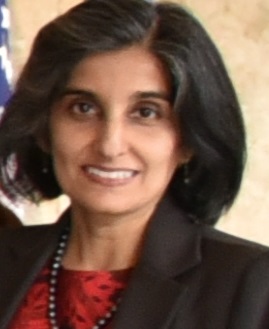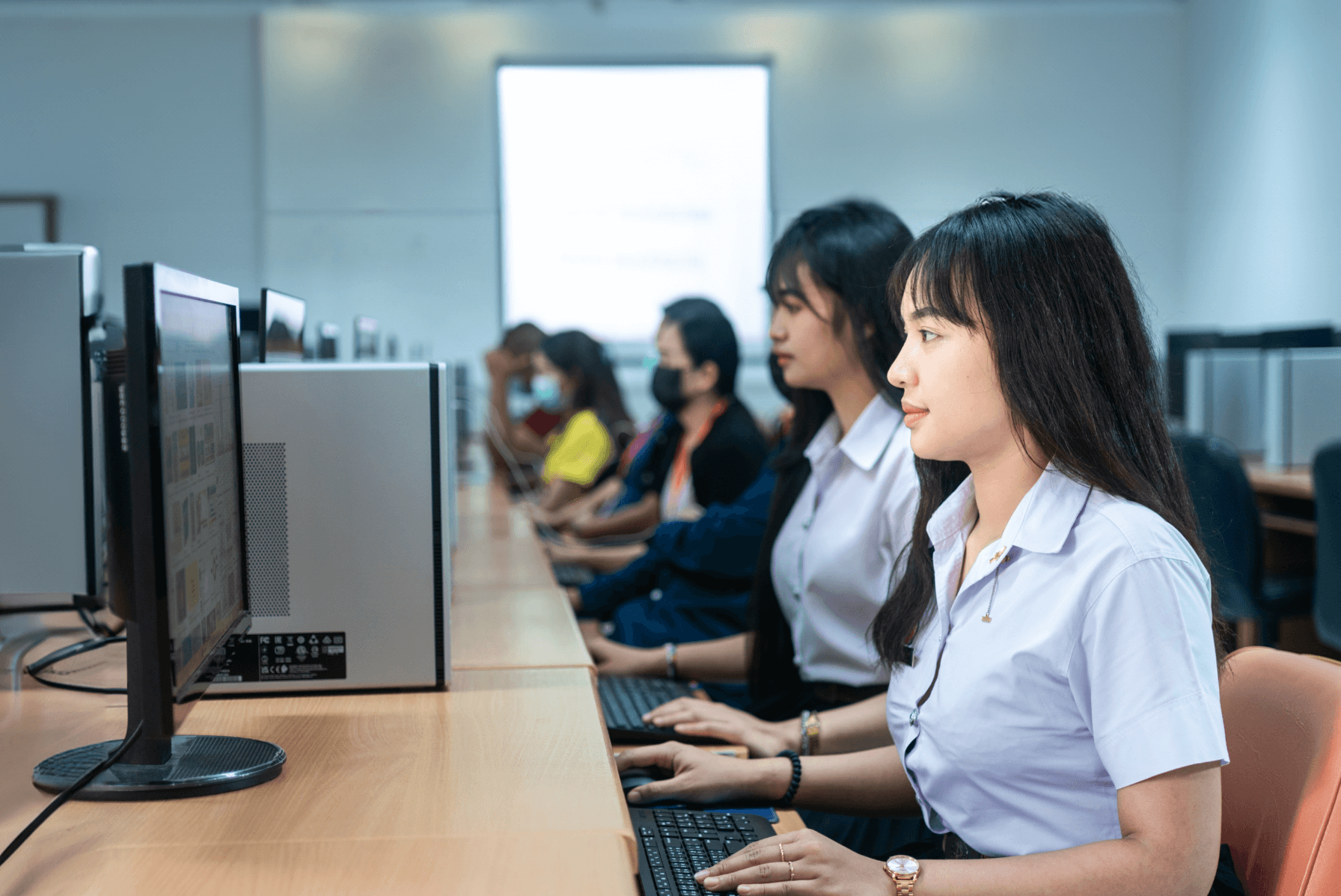





In response to the rapidly changing work landscape in the region, ASEAN’s labour sector has been working hard to ensure that people in the region, especially its youth, will be well equipped with needed skills.
Developing a Resilient and Future-Ready Workforce
Achievements in 2020 include the adoption of the ASEAN Declaration on Human Resources Development for the Changing World of Work. In collaboration with ASEAN’s education sector, the Declaration aims to cultivate an ASEAN workforce to become competent, relevant and able to contribute to the region’s sustainable development, and resiliency. There is now a roadmap that guides the multi-stakeholder initiatives in 2021 onwards. Activities are geared towards cultivating lifelong learning, improving the inclusiveness of education, increasing employment opportunities to higher quality of jobs, and developing strong human resource development frameworks, among others.
One of the contributing sectors is the ASEAN Technical and Vocational Education and Training (TVET) Council. Established last year, the Council envisions graduates with market-responsive workforce skills and greater employment opportunities, among others.
Improving Quality of Life
Achievements also include increasing the quality of life of workers in the region, made possible through three guidelines. The timely adoption of the ASEAN Guidelines on Effective Return and Reintegration of Migrant Workers gives much-needed focus to the vulnerabilities that returning migrant workers are facing. It promotes economic and social reintegration, among others, and recommends providing returnees and their families with basic trainings in f inancial literacy and entrepreneurship. Returning workers bring back social capital in the form of contacts and networks, new ideas and values. This social capital can potentially contribute to the workers’ home communities and economies, and therefore, should be harnessed. The Guidelines become even more relevant in this challenging time of the COVID-19 pandemic. Much support is needed for the safe return journey of many laid-off or furloughed migrant workers, and also for post-return journey for job opportunities.
The ASEAN Guidelines on Gender Mainstreaming into Labour and Employment Policies towards Decent Work for All seeks to promote gender equality in the world of work, in line with international standards. Priority is placed on policies and practices in relation to employment promotion, decent working conditions, social and maternity protection, and international labour migration.
Small and medium enterprises are the primary sources of employment for ASEAN’s workforce. The ASEAN Guidelines on Occupational Safety and Health Risk Management for Small and Medium Enterprises in the ASEAN Member States aim to protect workers in these enterprises. The guidelines provide a systematic and objective approach to identifying hazards, assessing, monitoring, and controlling risks, and reviewing the risk management processes.
Part of the activities of the ASEAN labour sector for 2021 will be ensuring that these Guidelines are socialised and widely used.
Mitigating the Impact of COVID-19
The ASEAN abour sector has also taken steps to mitigate the impact of the COVID-19 pandemic on the region’s most vulnerable workers. As noted from the Joint Statement of ASEAN Labour Ministers on Response to the Impact of Coronavirus Disease 2019 (COVID-19) on Labour and Employment, ministers agreed to strengthen regional solidarity and safeguard the labour rights of workers, including migrant workers.
The joint statement affirms ASEAN’s commitment to provide assistance and support to all workers to safeguard their health, safety, and livelihoods, so they can reunite with their families. ASEAN’s support towards migrant workers was further discussed in the 13th ASEAN Forum on Migrant Labour, held virtually in November 2020. Recommendations include improving the safety and health standards at both the workplace and employer-provided housing. The recommendations also include protection of migrant workers’ wages during the pandemic.
The ASEAN labour sector has also worked together with other sectors to contribute to the ASEAN Comprehensive Recovery Framework’s development. In addition, projects to prepare ASEAN’s workers and employers for potential pandemics, economic crisis, and natural disasters are included in the ASEAN Labour Ministers’ Work Programme 2021-2025.
In this digital era, the civil service must adapt further to technological advances. The social distancing implemented since last year has forced public services to fully utilise technology for effective delivery.
The COVID-19 pandemic is a test to the accountability and responsiveness of public services worldwide.
The ASEAN Guidelines on Public Service Delivery was adopted in 2020 with the purpose of helping governments provide efficient and effective service delivery to ASEAN citizens. The guidelines share best practices from ASEAN Member States and also from China, Japan and Republic of Korea. The guidelines also provide a framework for setting standards, policy and regulation making, and monitoring.
With the pandemic continuing into 2021, much of the work of the ASEAN labour and civil services sectors has been adjusted in its approaches and focus. Through the newly formulated work plans for 2021-2025, ASEAN labour and civil services sectors have their eyes on people’s needs first. Regional cooperation was adapted to the challenges and public needs during and post-pandemic.








